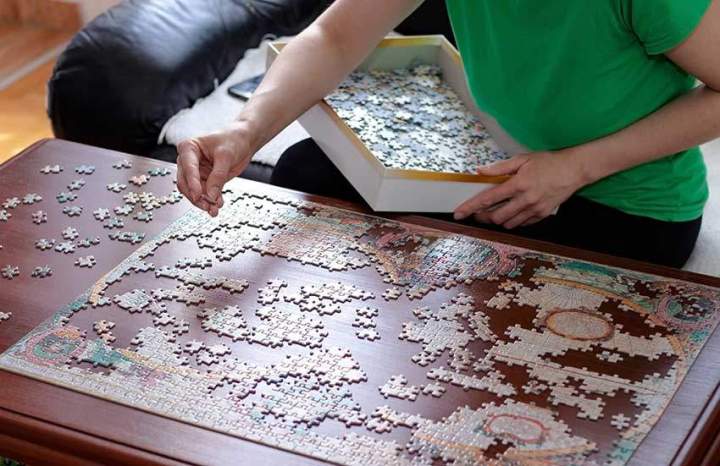How Can Parents Support Behavioral Therapy at Home?

Discover how parents can play a vital role in reinforcing behavioral therapy techniques to empower children with autism.
Creating a Consistent Environment
Behavioral therapy doesn’t end when the session is over—it extends into daily life, and parents are crucial partners in this process. One of the most effective ways to support your child is by creating a consistent environment that reinforces the skills they learn during therapy. This means maintaining routines, using similar prompts, and applying strategies recommended by therapists.
For example, if your child is working on improving communication, you can practice the same techniques used in therapy, such as prompting them to use words or gestures to express needs. Consistency helps your child feel secure and accelerates skill development by reinforcing positive behaviors across different settings.
At We Care Professional Services Inc., we provide parents with tools, resources, and training to ensure continuity between therapy and home. Through open communication with therapists, you can adapt techniques to fit your family’s routines, making it easier to support your child’s progress.
Celebrating Progress and Staying Engaged
Parents play a vital role in celebrating milestones, no matter how small. Positive reinforcement at home can boost your child’s confidence and motivation to keep learning. Acknowledge successes—whether it’s using a new word, completing a task, or demonstrating improved social behavior—and celebrate them with praise or rewards that resonate with your child.
Additionally, staying actively engaged with your child’s therapy plan is essential. Attend meetings, ask questions, and share observations with therapists. Your insights can help tailor strategies to meet your child’s evolving needs. Engaging in activities like playtime or skill-building exercises also strengthens your bond while supporting therapeutic goals.
We Care Professional Services Inc. values the partnership between therapists and parents. By staying involved and encouraging your child’s progress, you create a supportive home environment that reinforces therapy and promotes lifelong growth.
